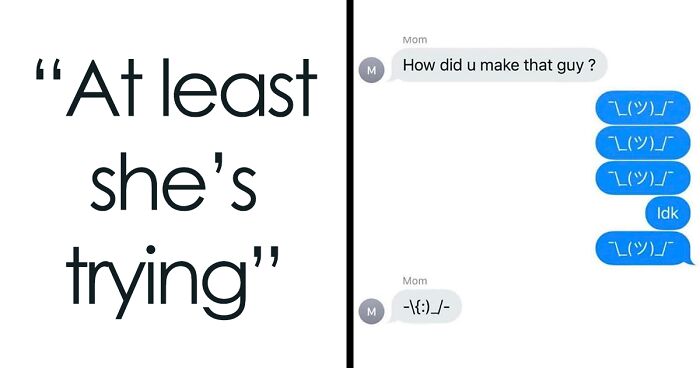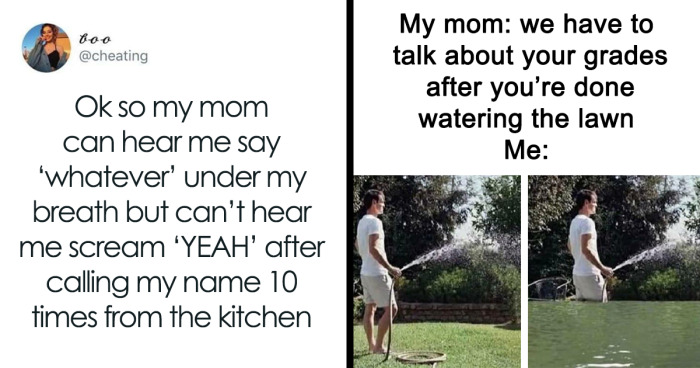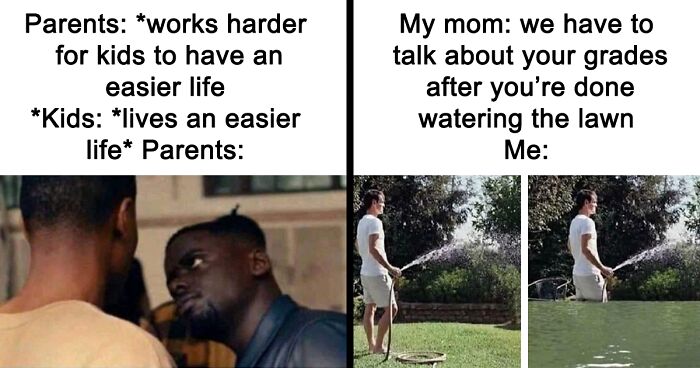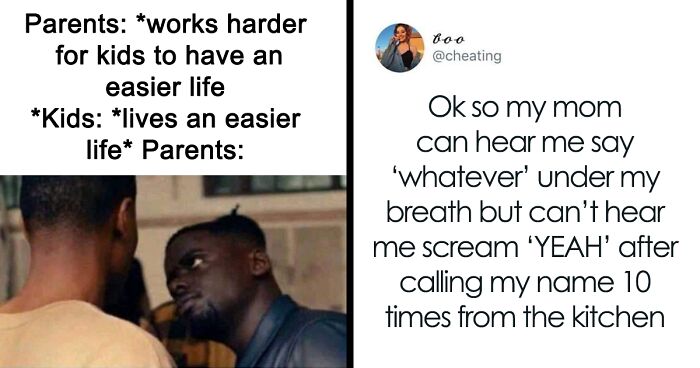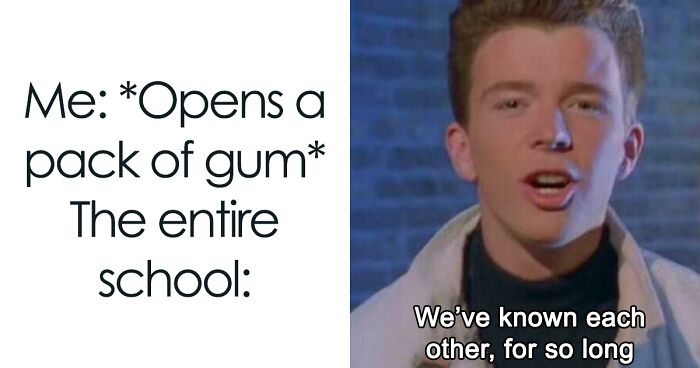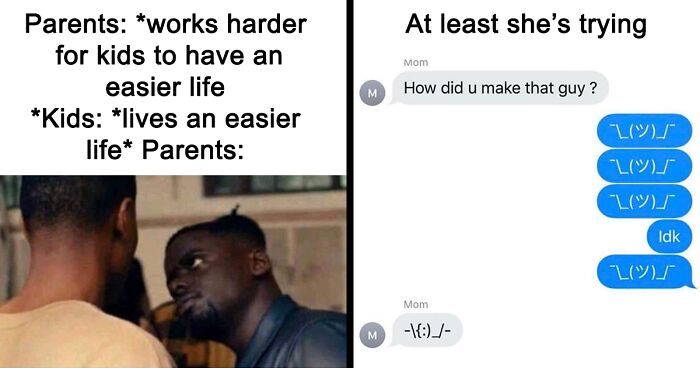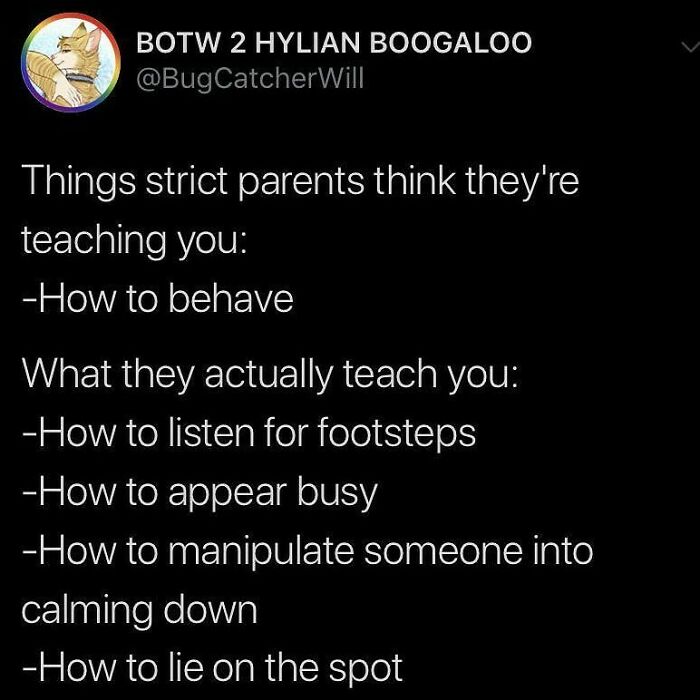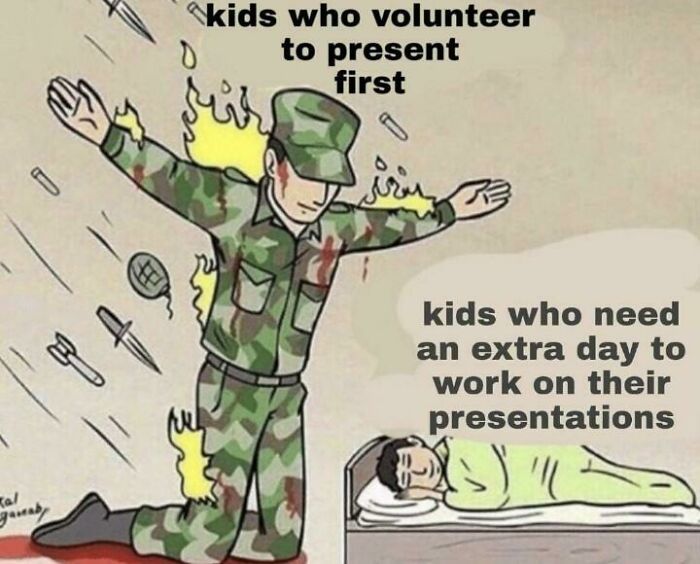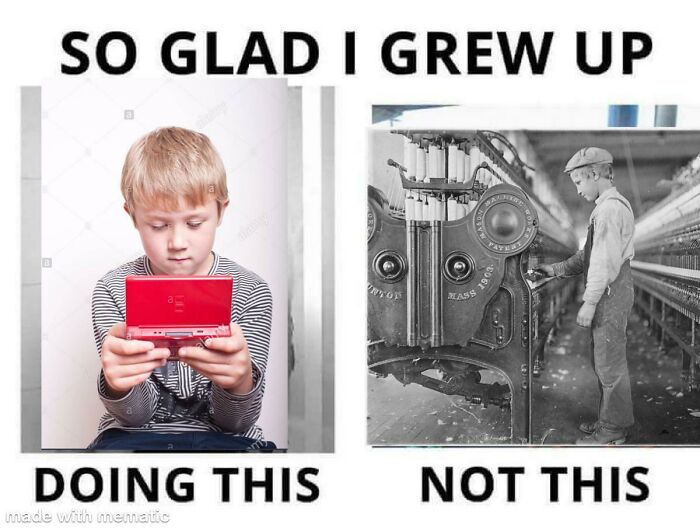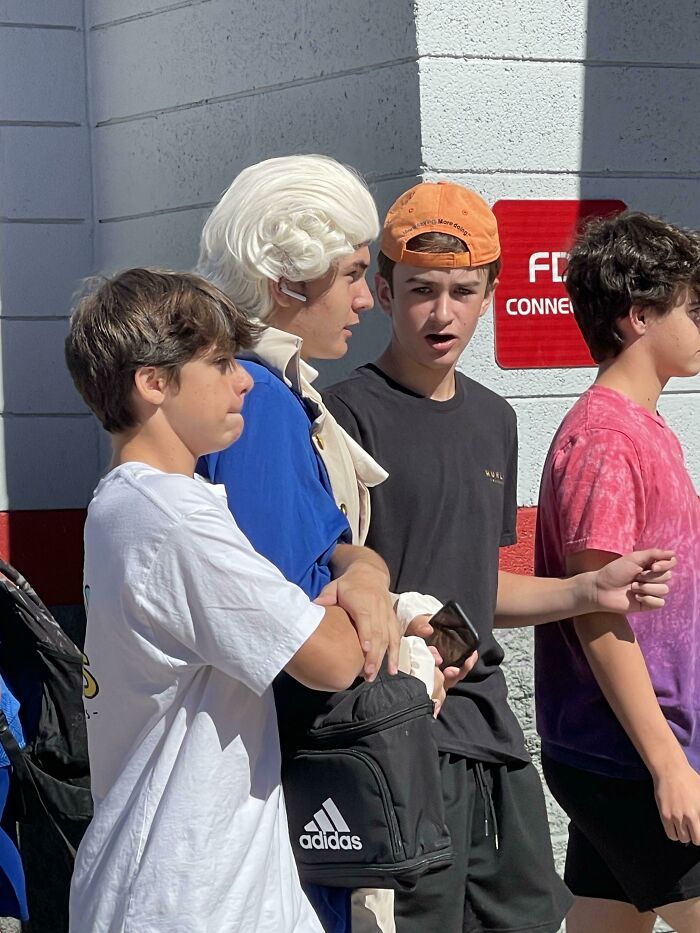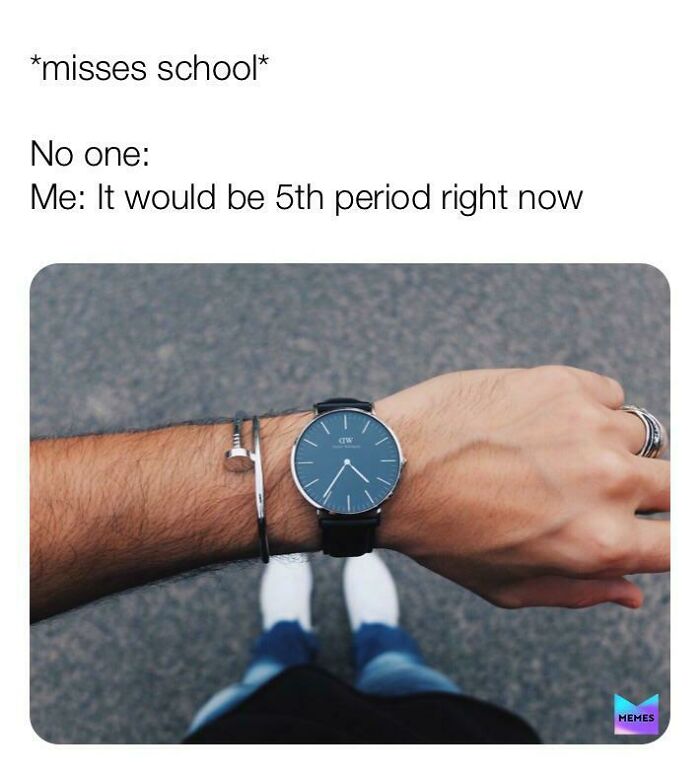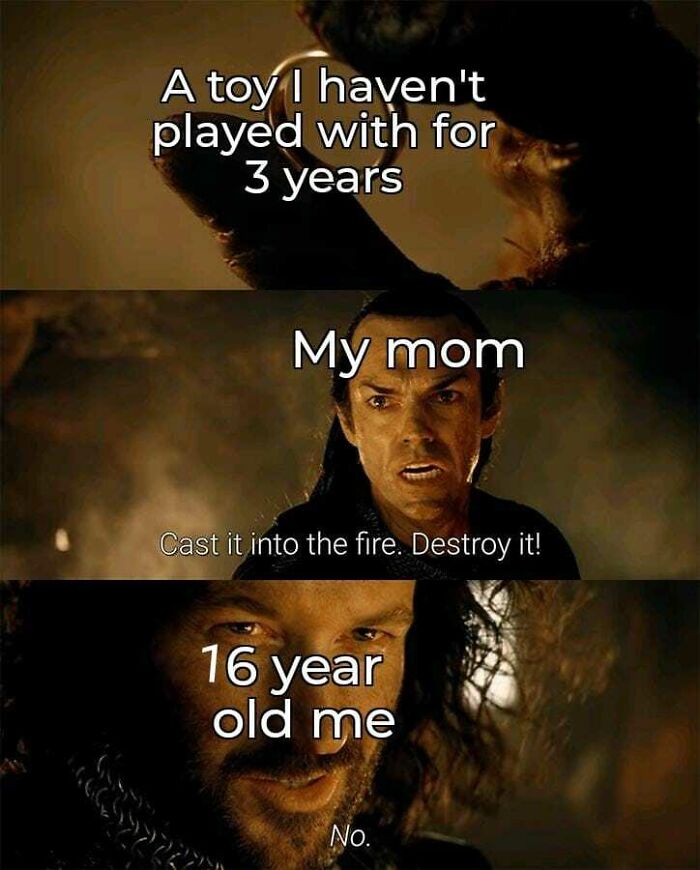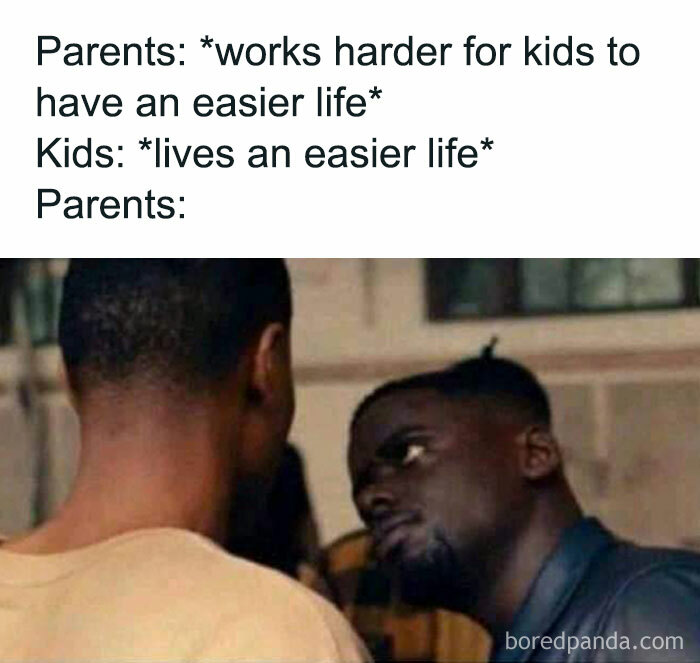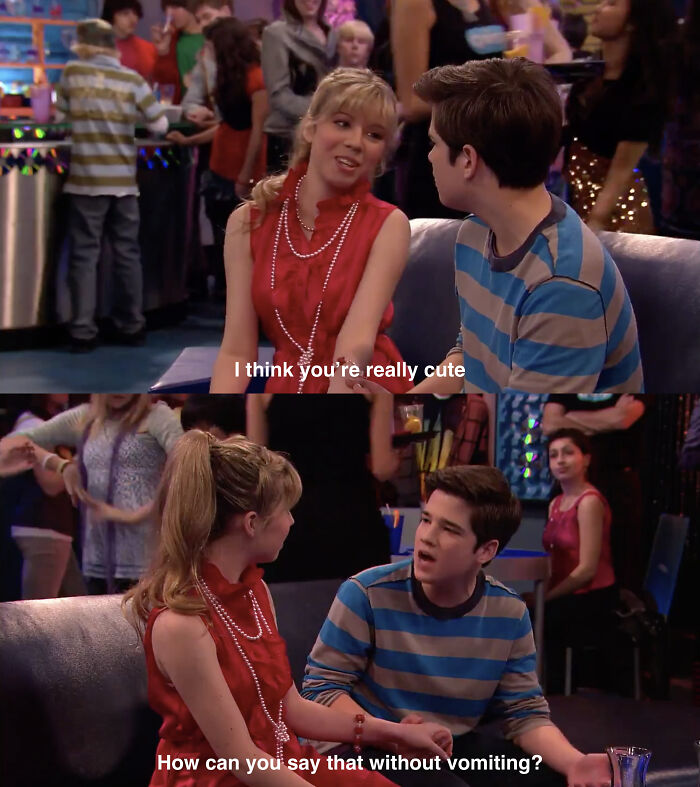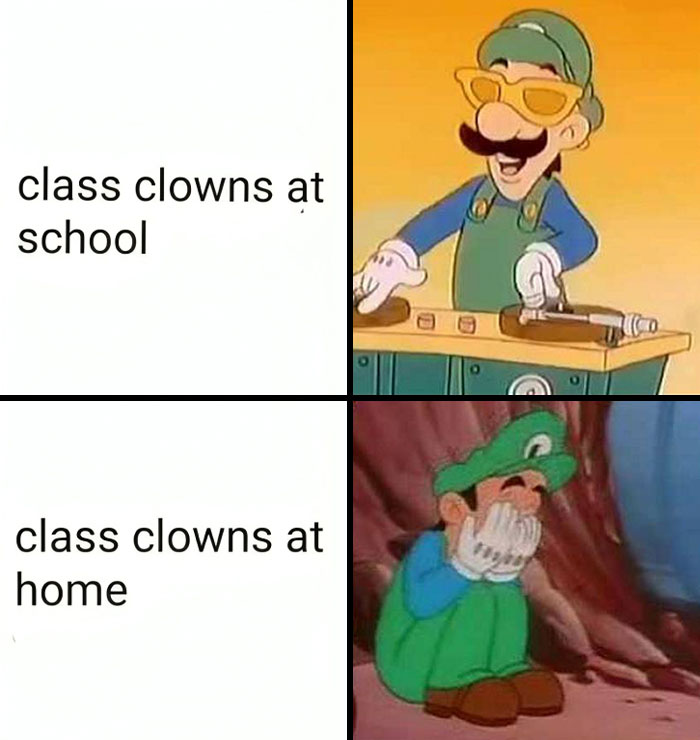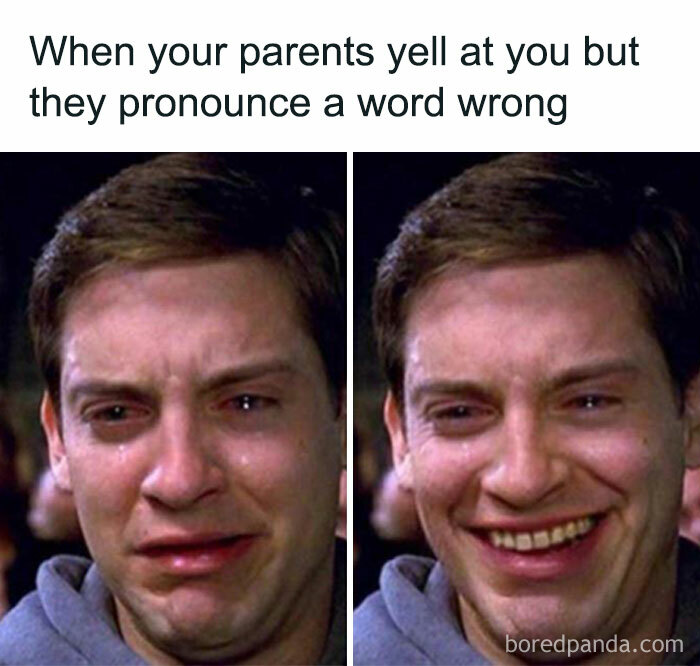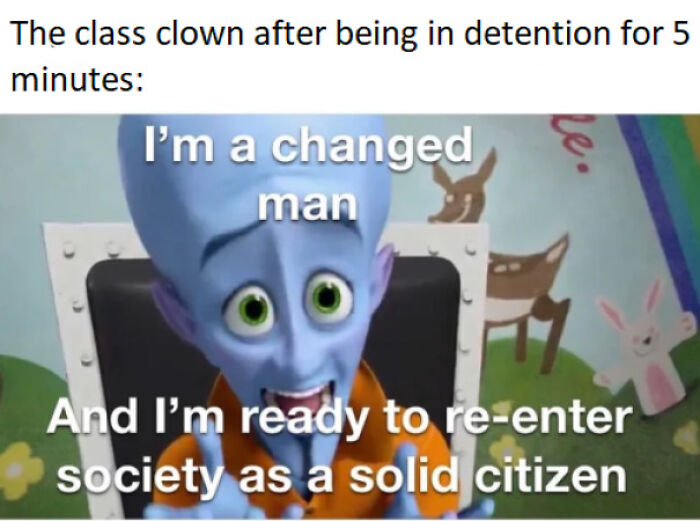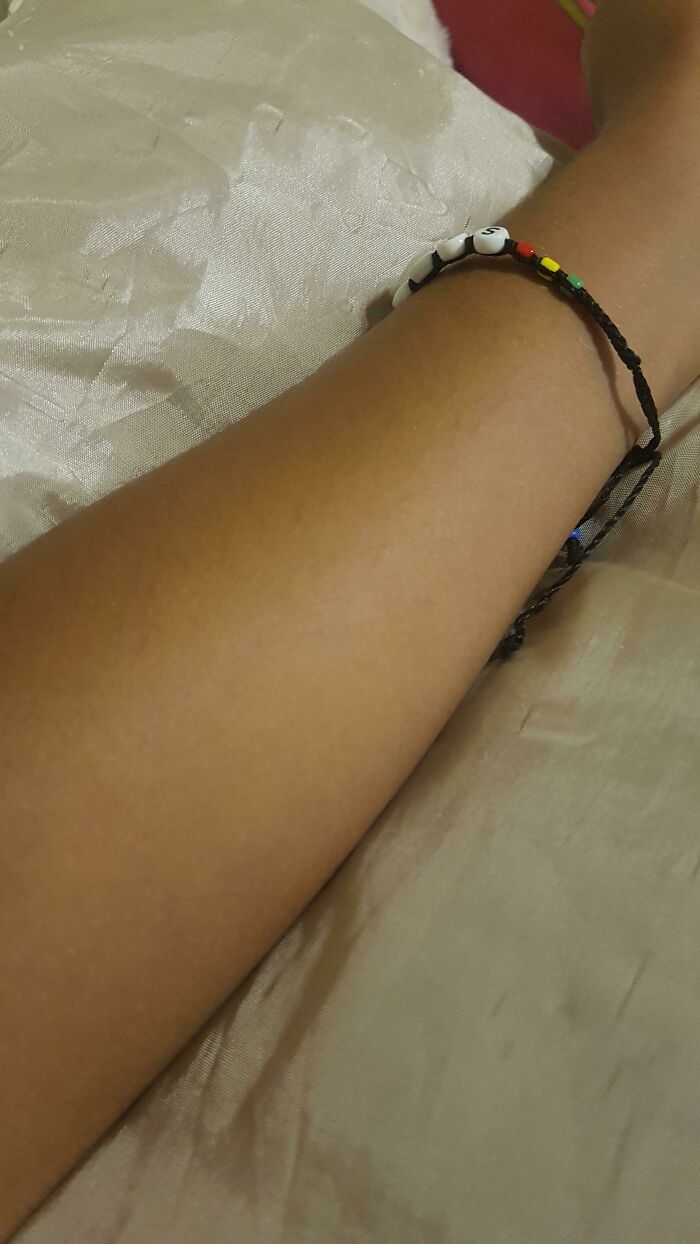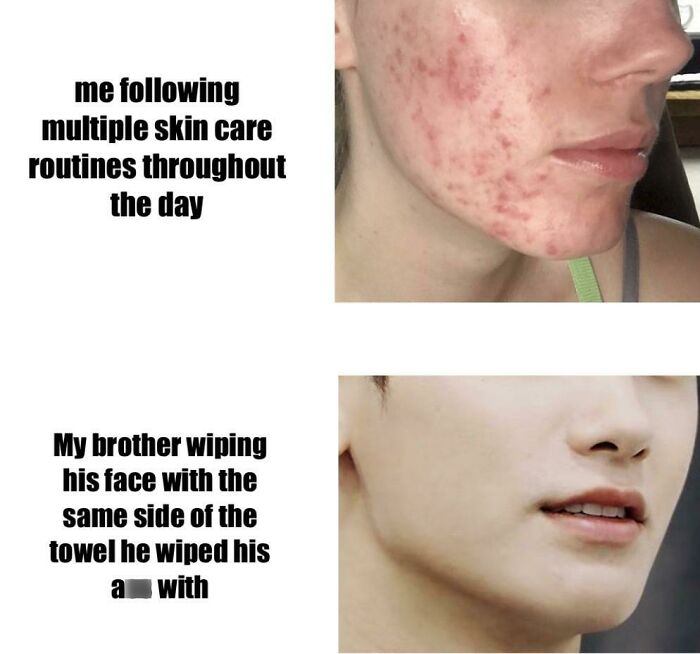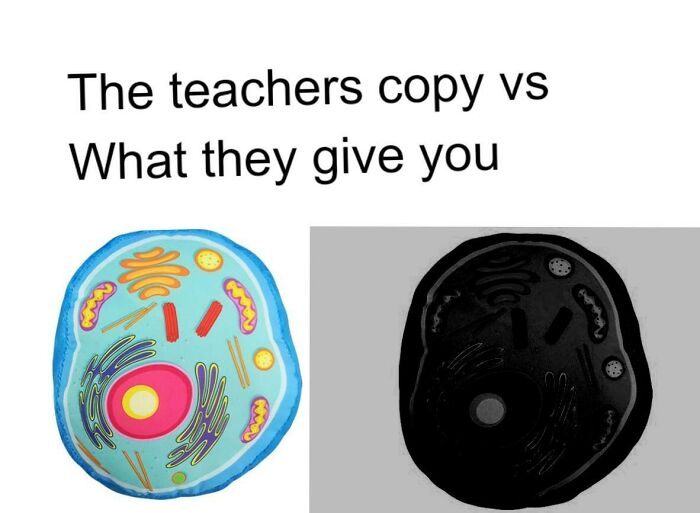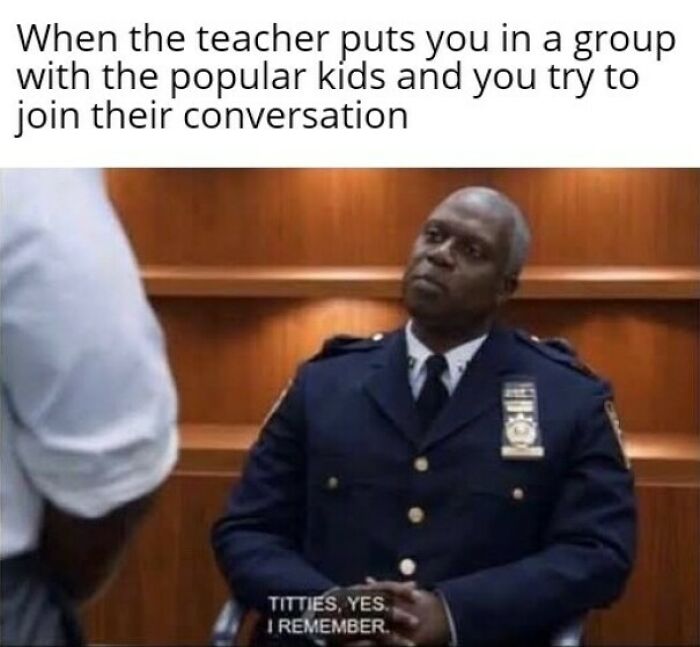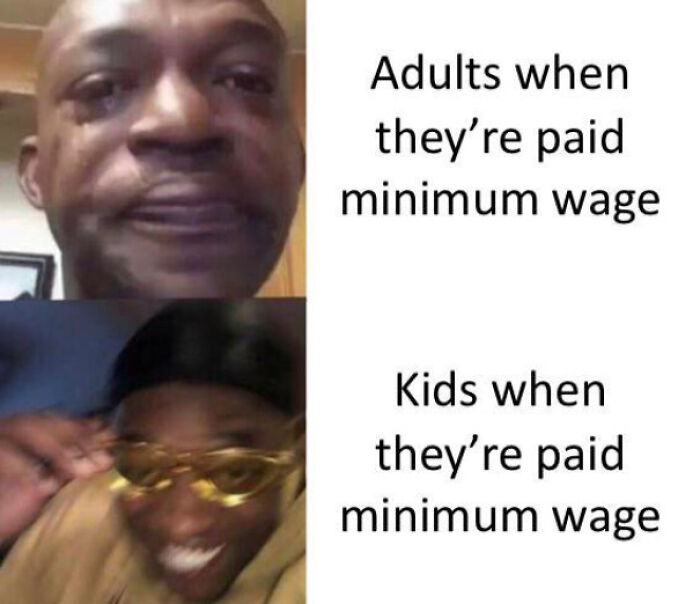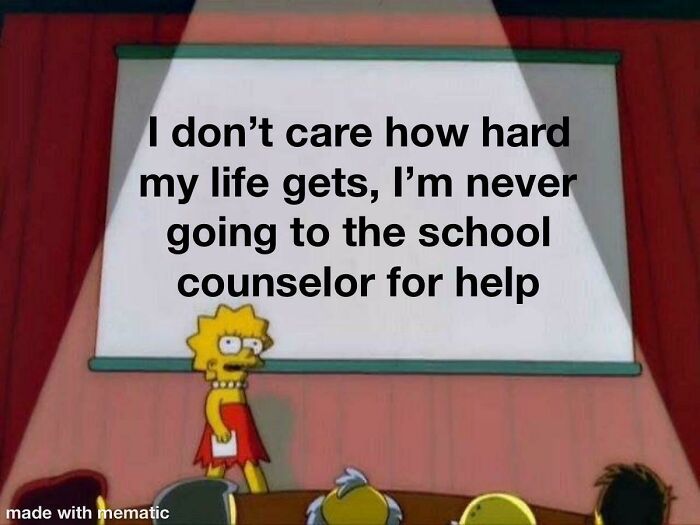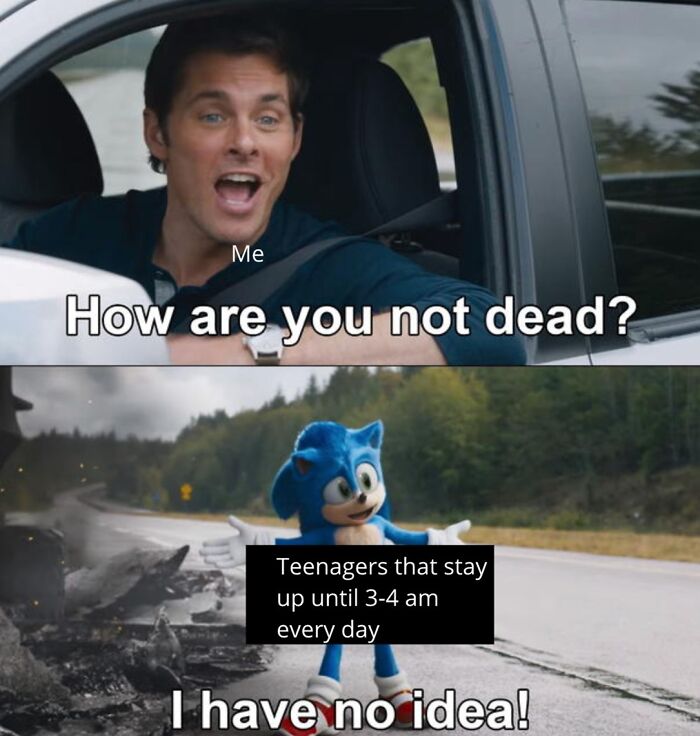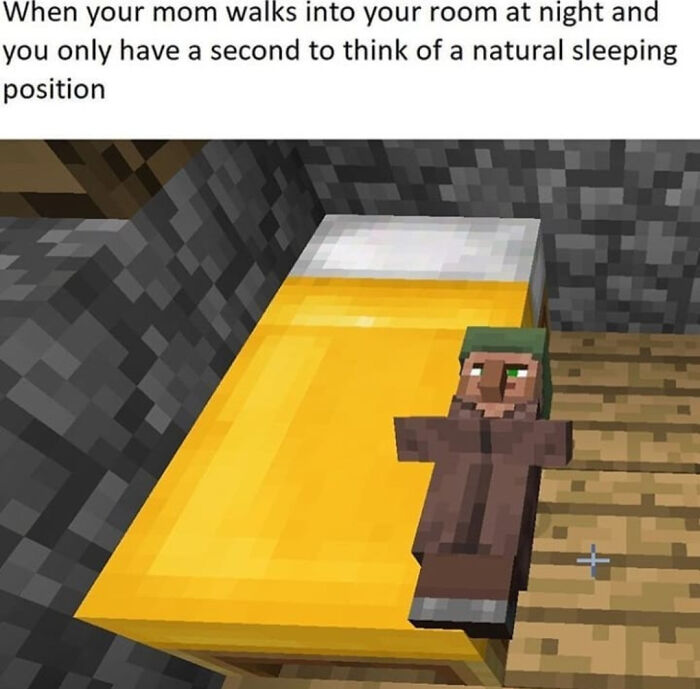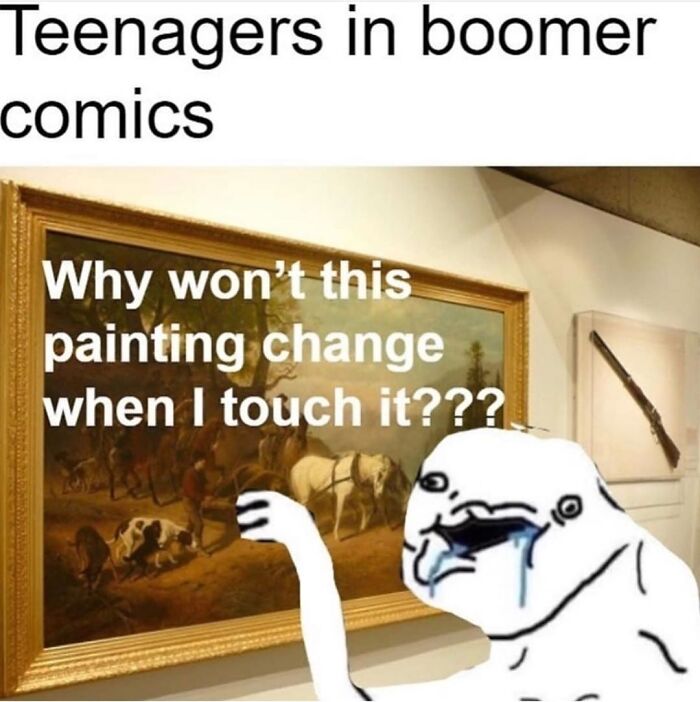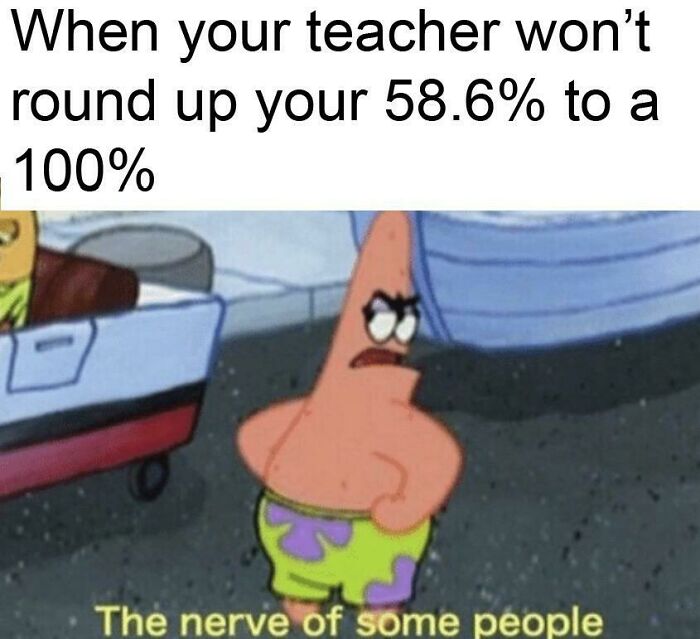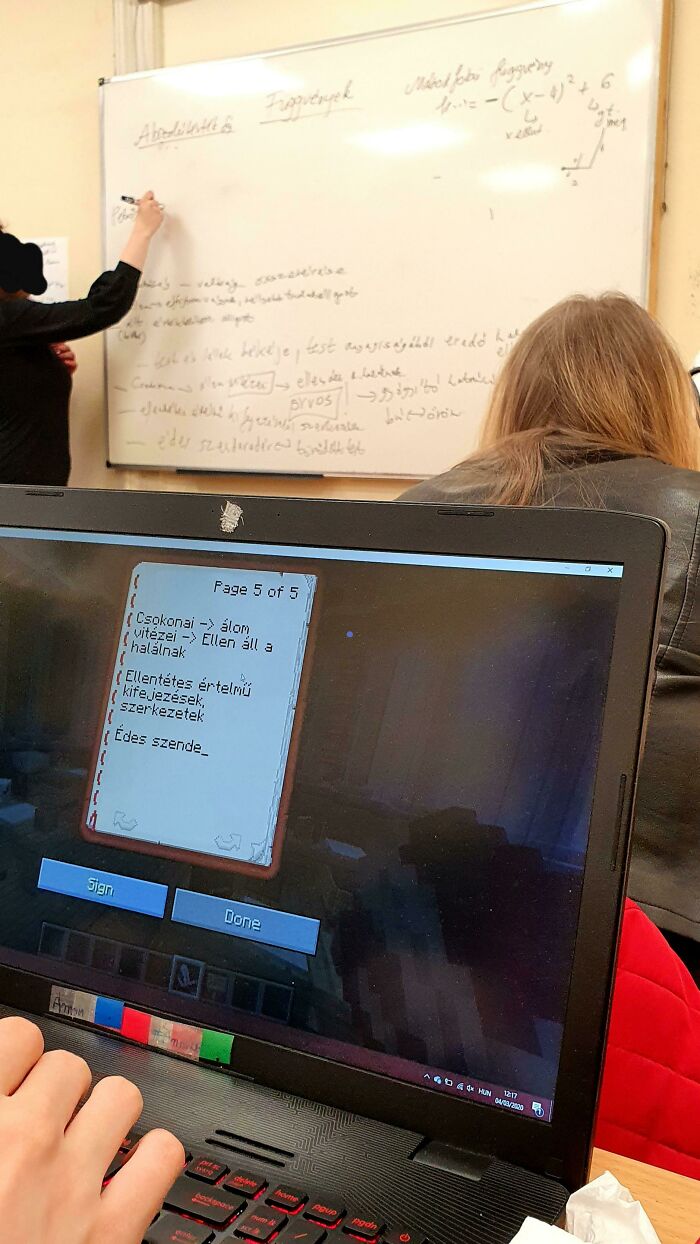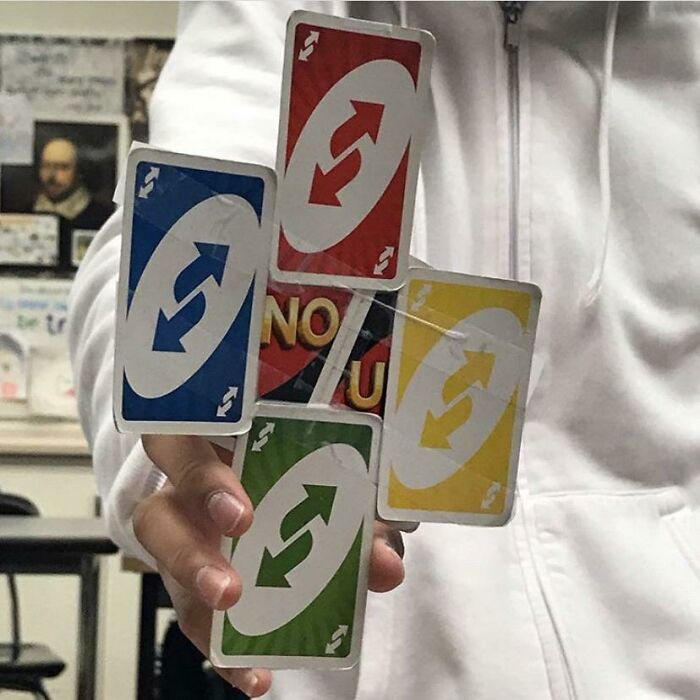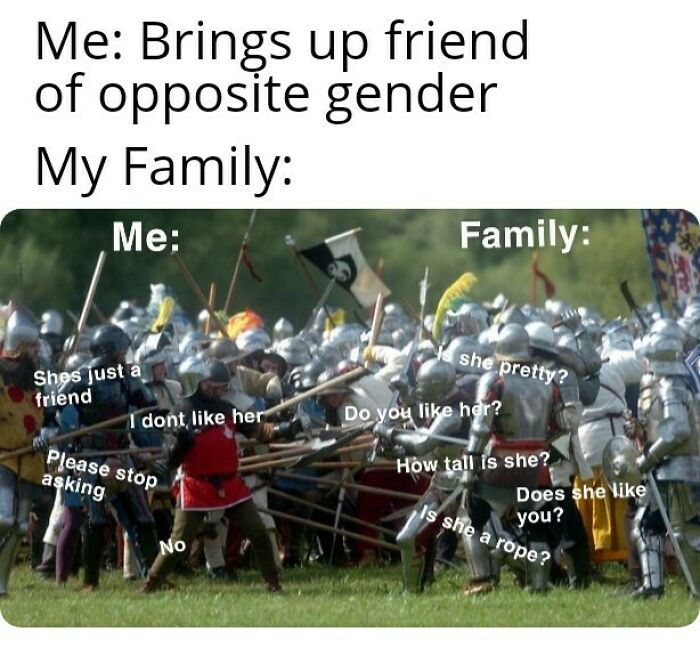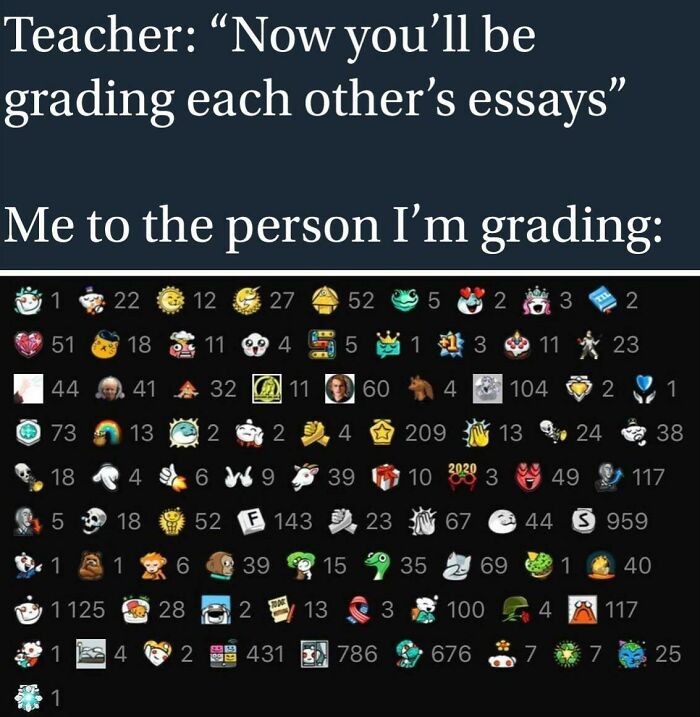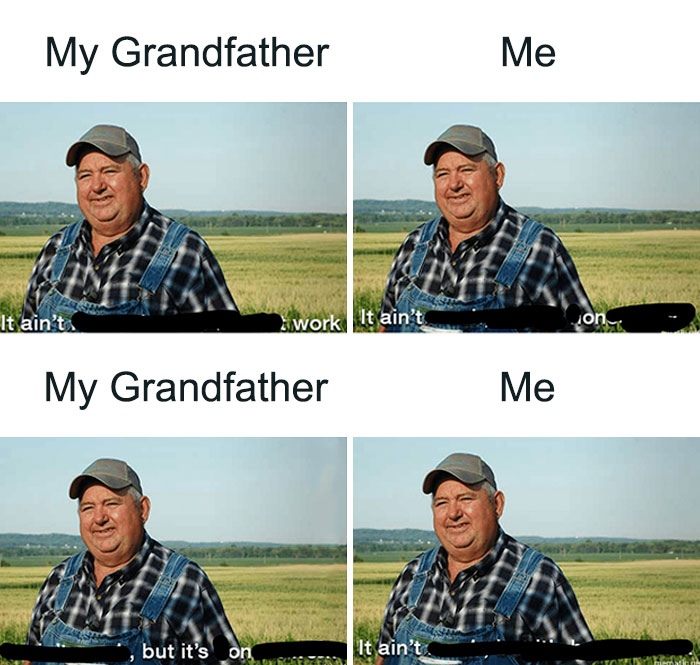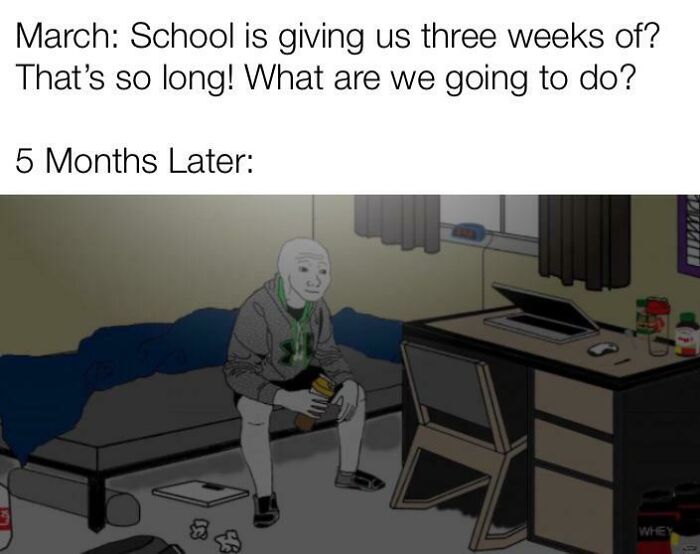Being a teenager can be pretty awesome. You're not a kid anymore, but you're also not an adult yet. There are still no crushing responsibilities, but you have heaps of free time to do silly (and sometimes questionable) things. In fact, when The New York Times asked 18 young people what's best about being a teenager, they said it's the freedom, independence, and being able to have fun with friends.
So today, we have for you the best memes about what being an adolescent is really like, courtesy of the online community r/teenagers. The teens will surely find some relatable content below. And those of us who are a bit older might find that we have more in common with the youngsters than we thought, even if we have fully developed frontal lobes.
This post may include affiliate links.
She Do Be Spittin Facts Doe
Mom Instincts Be Like
This Is So True Lmao
We think we all know what we refer to when we say "teenager," but the actual age of teenagers can sometimes get mixed up. Is an 11-year-old a teenager yet? Are 19-year-olds still teenagers? The World Health Organization, for one, places teenagers between the ages of 10 and 19.
The American Academy of Pediatrics distinguishes three stages of adolescence. They say that it starts at 10 years old and goes on until we're 21 (and, sometimes, even beyond!). Early teenagehood, according to them, is from 10 to 13 years. Middle adolescence is from 14 to 17, and the latest stage is from 18 to 21.
I Feel Attacked
Students Dont Rlly Need Sad Books
Strict Parents
Nowadays, we associate teenagers with rebellion, sulkiness, and phrases like "It's not a phase, Mom!" But teenagehood wasn't always a thing. Teenagers as a concept in society only appeared in the middle of the 20th century. Until then, you simply used to be a child, and then, bam! You're suddenly an adult, having to work just like any other grown-up.
Back in those days, people even treated children as adults. The world consisted of children and adults. Kids used to work menial and dangerous jobs at ages as young as seven years old. Children and teens usually worked on their family's farms, and when industrialization came around, they became factory workers.
If This Ain’t The Truth :/
Teachers Am I Right?
Best Way To Make A Class Quiet Down
Of course, those who grew up in more well-off families wouldn't work on farms or in factories. They would receive an education and go on to become lawyers, doctors, priests, and such. Before the 19th century, only a small portion of the child population would receive any education in Britain at all.
The U.S. passed laws between 1920 and 1936 to save children from toiling away in factories. As a result, the percentage of kids and teenagers in schools more than doubled from 30% to 60%.
My Teacher Has No Chill
I Even Do This At Work. :(
Come On, You Know Its True
The director of the documentary Teenage said that the Industrial Revolution inadvertently paved the way for child labor laws and, in turn, for teenagehood to become a thing. "The Industrial Revolution and the advent of child labor was a good way to bracket the story, since once you went to work, you were no longer considered a kid," he told Collectors Weekly. "When they started to make child labor illegal, this second stage of life emerged, and it needed a name. It was called adolescence."
Ugh, This Always Happens
School Is Boring
Lies. Deception
The word 'teenager' wasn't always in our collective vocabulary, either. Some sources, like Merriam-Webster, claim its first (as in 'Teen-Ager') use was in 1913. Others say that a reviewer of Psychologist G. Stanley Hall's book Adolescence used the term 'Teen Age' first. However, the general consensus is that it was not widely used until the 20th century.
My Life *sigh*
Currently Doing An Essay
Can Relate To This
The fact that the United States started recognizing teenagers as a separate age group is well documented by a 1945 New York Times article titled Teenage Bill of Rights. The 10 principles described in the text establish the essence of what we consider teenagehood now: the freedom and independence to become your own person. There was less pressure for adolescents to serve their parents and family, and they could go off and explore their separate identities.
I'm In College, But This Still Applies To Me Partially
She Tried. That’s What Matters
Why Does This Always Happen?
The Teenage Bill of Rights urged parents to let their teenagers explore the world, question things, and build their own philosophies of life. Much like what we today associate with teenagers, right? Rebellion, searching for meaning, the urge to separate yourself from your parents and family – all these traits of a typical teenager were already covered in an article from 1945.
Laughs In Swiss
I Can't Even
Do You Ever Just
The economic boom after WWII also saw teenagers begin to spend money. Older teenagers would work themselves or, like their younger peers, get allowances from their parents. Parents would also have fewer kids, allowing them to spend more on the children they had.
At Least She’s Trying -\{:)_/-
Just Buy Your Own Gum
*Me At 16 Years Old
Naturally, teenagers then became the primary target demographic for marketers. Teens became trendsetters, and companies realized they were the ones to make the most profit from. Dwight Macdonald, a writer for The New Yorker, even wrote back in 1958: "To some extent, the teenage market – and, in fact, the very notion of the teenager – has been created by the businessmen who exploit it."
Damn That Really Hit Me Hard :(
I'm Not Gonna Cry, I'm Not Gonna Cry
She Do Be Wholesome Doe 😳
ʚῖɞ✿࿚•*´¨`*•.࿚✿Ƹ̵̡ใƷ ⭑・゚゚・*:༅。.:*:✼✿♬✿✼:*゚:༅。.。༅:*・. ^I just wanted to see how it looked when posted
𓆣 This is Lenny the cockroach. Since you are awesome, he didn’t break into your house today. Hopefully, he won’t ever…. 𓆣
ʚῖɞ✿࿚•*´¨`*•.࿚✿Ƹ̵̡ใƷ ⭑・゚゚・*:༅。.:*:✼✿♬✿✼:*゚:༅。.。༅:*・. ^I just wanted to see how it looked when posted
𓆣 This is Lenny the cockroach. Since you are awesome, he didn’t break into your house today. Hopefully, he won’t ever…. 𓆣

 Dark Mode
Dark Mode 

 No fees, cancel anytime
No fees, cancel anytime 



